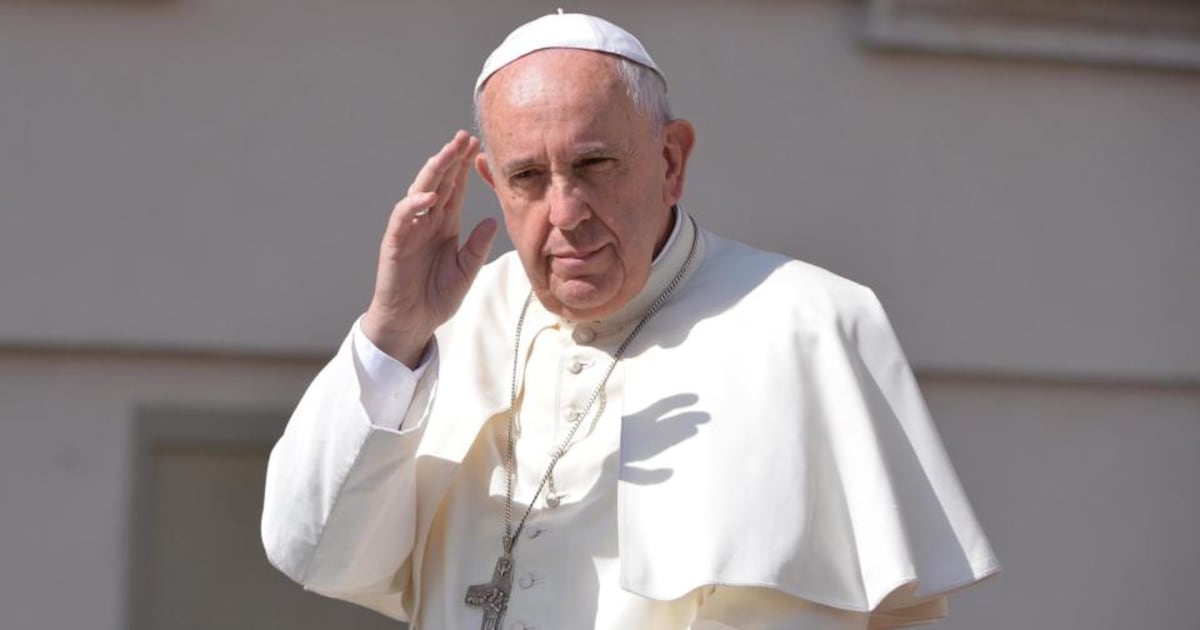Green Vatican: Pope Francis's Climate Crusade Reshapes Global Eco-Dialogue

As the papal conclave approaches, the next pontiff faces a critical challenge that transcends religious boundaries: leading a global response to climate change. The incoming leader must not merely inherit a responsibility, but seize a transformative opportunity to mobilize worldwide action on environmental stewardship.
Climate change represents one of the most pressing moral and existential challenges of our time. The next Pope must be prepared to leverage the Catholic Church's global influence, speaking with moral authority to inspire meaningful environmental protection and sustainable development. This leadership goes beyond institutional rhetoric—it demands concrete commitments to ecological preservation and climate justice.
By championing environmental sustainability, the new Pope can bridge divides between nations, faith communities, and scientific perspectives. The role requires vision, courage, and a commitment to protecting our planet for future generations. Whoever emerges from the conclave must be ready to take up this crucial mission with passion and strategic purpose.
The world watches and waits for a leader who understands that protecting our common home is not just an environmental imperative, but a profound moral calling.
